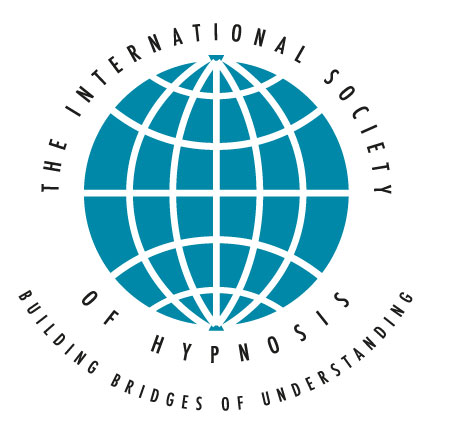Zahedi, A., Stuermer, B., Hatami, J., Rostami, R., Sommer , W., (2017).
Neuropsychologia, 96, 70-77. PMID: 28077327 DOI: 10.1016/j.neuropsychologia.2017.01.006
This experiment involved 12 highly hypnotizable persons (Harvard Group Scale of Hypnotic Susceptibility -Shor, R.E., Orne, E.C., 1962.) in the Stroop Test during three conditions: without hypnosis (6 minute eye closed-resting session), hypnosis, and post hypnotic suggestion (hypnosis plus) (hands clapping activation). This was combined with EEG measurement: frontal theta and frontal beta to investigate the executive function. The article examined the shared roots of mental imagery and hypnosis (based on correlation).
The experiment used congruent, incongruent, and neutral types of words in the Stroop Test. According to the experiment the post-hypnotic suggestions (PHS in the following) are the most useful way to reduce reaction time in Stroop Test. The PHS raises both of the frontal EEG channel.
In the PHS condition the suggestion was that the words seem to be from a foreign language and meaningless for the participant.
According to the results PHS successfully evaporated the Stroop effect (interference and facilitation too) which is in contrast with the previous research’s results (Raz et al., 2005, 2006, 2007 and Lifshitz et al., review in 2013).
The specialty of this research is the 12 Iranian participants who use Arabic language. The broad cultural perspective is one of the biggest strengths of the article.
In the PHS condition with incongruent words the reaction time declined significantly and with the neutral word there was no significant difference. The EEG data also confirmed this result.
In the hypnotic condition there was no significant change in the Stroop Effect.
The EEG channels data also confirmed the control functions presence during the PHS session, the inhibition process was active there too. Also, the ACC (Anterior Cingular Cortex) activation is higher which is the error detection area. These activations were realized in the early post-hypnotic stage, when the word meaning focus declined, and the word naming focus grew. In the later stage this error detection declined, and made the space for the smooth information processing. It’s a kind of adaptive “power-saving mode.” These findings hopefully inspire future research too.
